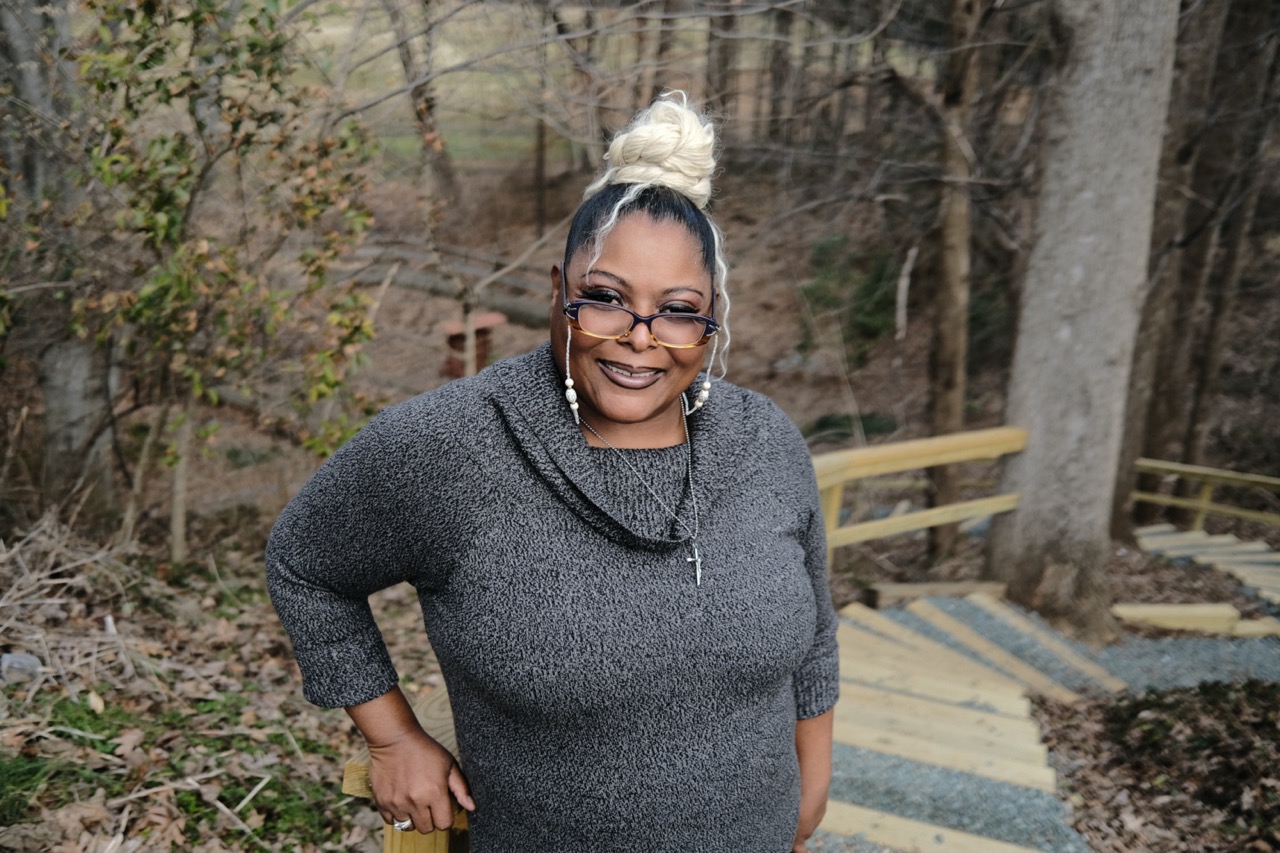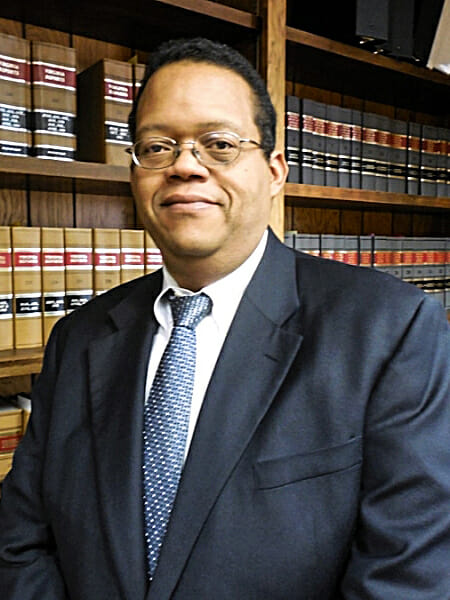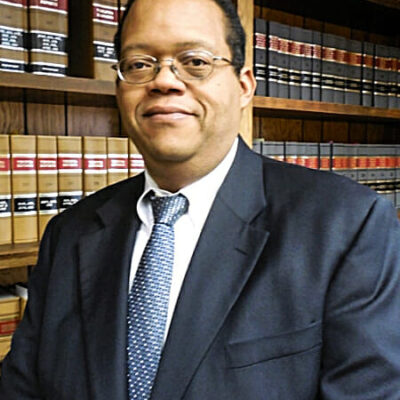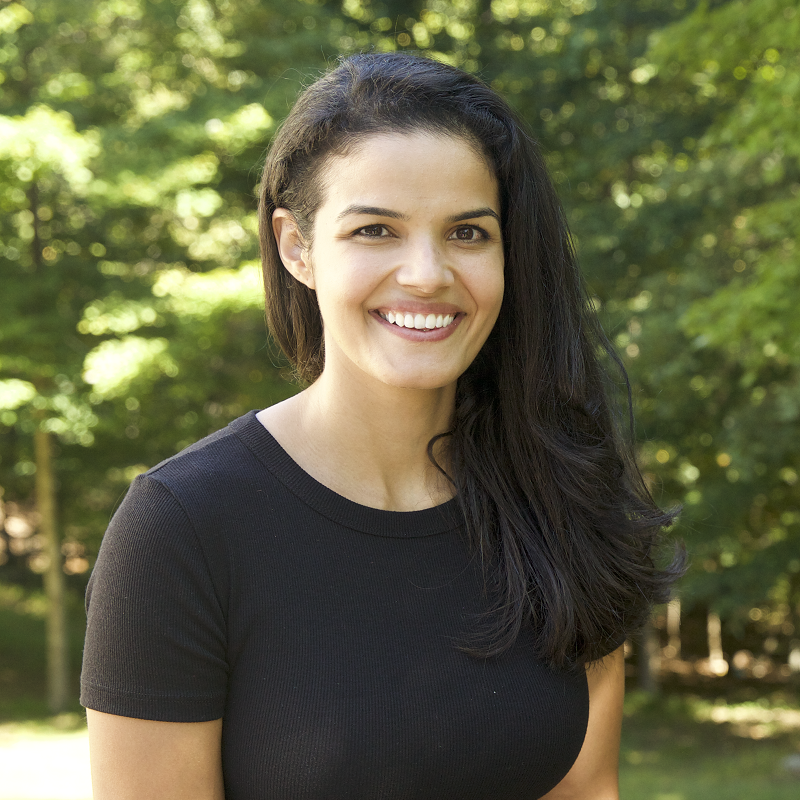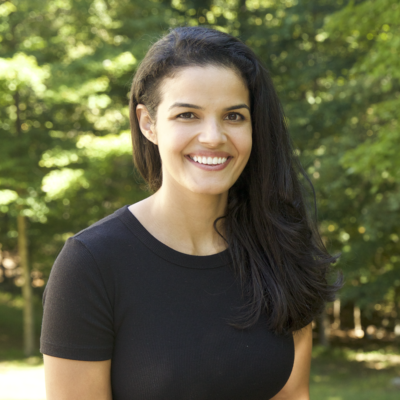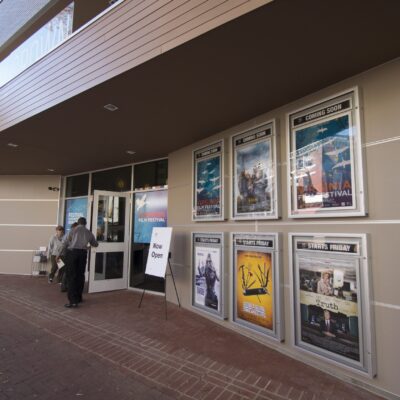On November 15, 2021, the City of Charlottesville approved a comprehensive plan to address equity issues in land use, transportation, and housing. A vital component of this plan was to increase affordable housing, specifically by building more duplexes and apartment buildings in areas traditionally reserved for single-family housing.
But every new housing project involves a lengthy approval process, including input from community members who often oppose new developments. For instance, approval for a new eight-story building on Jefferson Park Avenue only passed by one vote last May, with opponents of the project arguing that it would block sunlight from other residents and intrude on neighborhoods historically occupied by families.
Livable Cville, an advocacy group that believes housing is a human right, seeks to provide answers for those skeptical of new developments. In a FAQ document posted on its website, the group answers questions like “Won’t this all just benefit developers and real estate investors?”, “Will the proposed land use map lead to the construction of large apartment buildings in my neighborhood?”, and “Has this process been rushed?”
Charlottesville resident Syleethia Carr argues that the process is not happening fast enough. “At the end of the day, City Council members are going home, maybe to a house, apartment, townhouse, or duplex. But many here are going to their cars or under a bridge looking for shelter anywhere.”
The Daily Progress reported last May that homeless rates were up in both the city and the county. A Virginia Public Media report last year found that over 1,000 people in the city were on a waitlist for affordable housing vouchers.
“Having stable and secure housing is something that is important to the cultural fabric of Charlottesville,” says Carr, a graduate of the Public Housing Association of Residents’ internship program. “You have people that were now shipped out to Waynesboro, Harrisonburg, Fluvanna but most of them don’t have transportation. Affordable housing is needed because these people work here.”
Matthew Gillikin, a Charlottesville resident who has been involved in housing conversations since the summer of 2017, concurs. “I think it’s very important to pair zoning regulations that allow more people to live closer to their jobs and schools and amenities,” he said, noting the issue is multifaceted.
“I’ll be the first person to say that zoning alone isn’t going to solve this issue,” Gillikin says. “It’s an issue a decade in the making. And so it’s not like we’re going to be able to quickly undo the damage that’s been done.”
One part of the solution that Gillikin has focused on is parking. In an op-ed to the Progress, he urged the city to eliminate parking minimums to allow for more affordable housing.
Carr says students at the University of Virginia have a role to play and can use their voices to advocate for the community. “The people that are right here … that are pushing the trash out the way, that are driving the cars around, these people that do these jobs, they are the ones that are helping us,” she said.
Carr sees UVA students as a part of the community, not separate from it.
“We are together as a community, as a whole community. When you go to Walmart, I go to Walmart too,” she says. “My main joy is seeing a child smile because they are at home with their family. The question is when will there be affordable housing here? How long will we wait on real affordable housing?”
